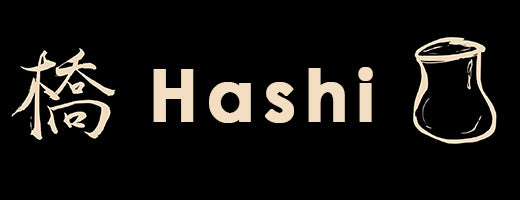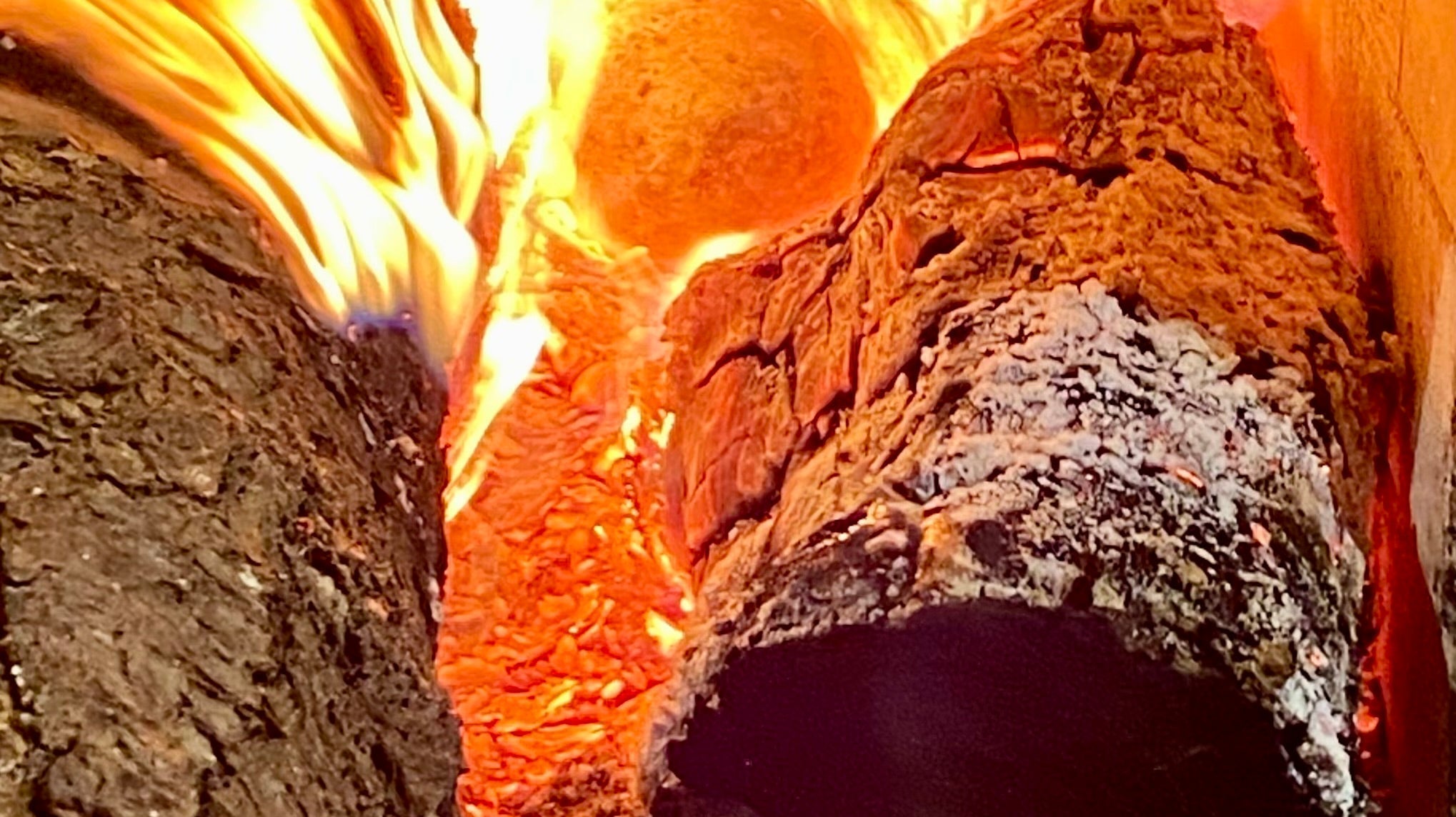Notes on the Art of Pottery
Glazing is an Infinite Conversation: Surface, Depth, and Flux
Glazing is more than a finish—it’s an ongoing conversation between potter, material, fire, and the hands that will one day hold the piece. Some build depth through layering, others embrace accident and flux, but all engage in a process where surface, texture, and sheen shape both the final form and how it is experienced in use.
The Art of Wood-Firing: Pottery, Fire, and the Unexpected
Wood-firing is more than a process—it’s a partnership between potter and kiln. The fire’s movement, the swirling ash, and the unpredictable results make every piece unique. It’s an experience that is absorbing, peaceful, and deeply challenging—physically, mentally, and spiritually.
What Makes Japanese Pottery Unique? A Look at Tradition, Philosophy, and Influence
Japanese pottery is renowned for its deep connection to materiality, process, and philosophy. While Hashi Pottery does not sell pottery made in Japan, our artisans are deeply influenced by Japanese traditions—some are Japanese, some have studied in Japan, some have trained under Japanese masters, and all share a respect for craftsmanship as a lifelong practice. From the transformative effects of yōhen (窯変) in the kiln to the philosophy of Mingei (民芸), which values beauty in everyday use, this post explores what makes Japanese pottery distinctive and how its influence continues in the work of potters worldwide, including those at Hashi.



